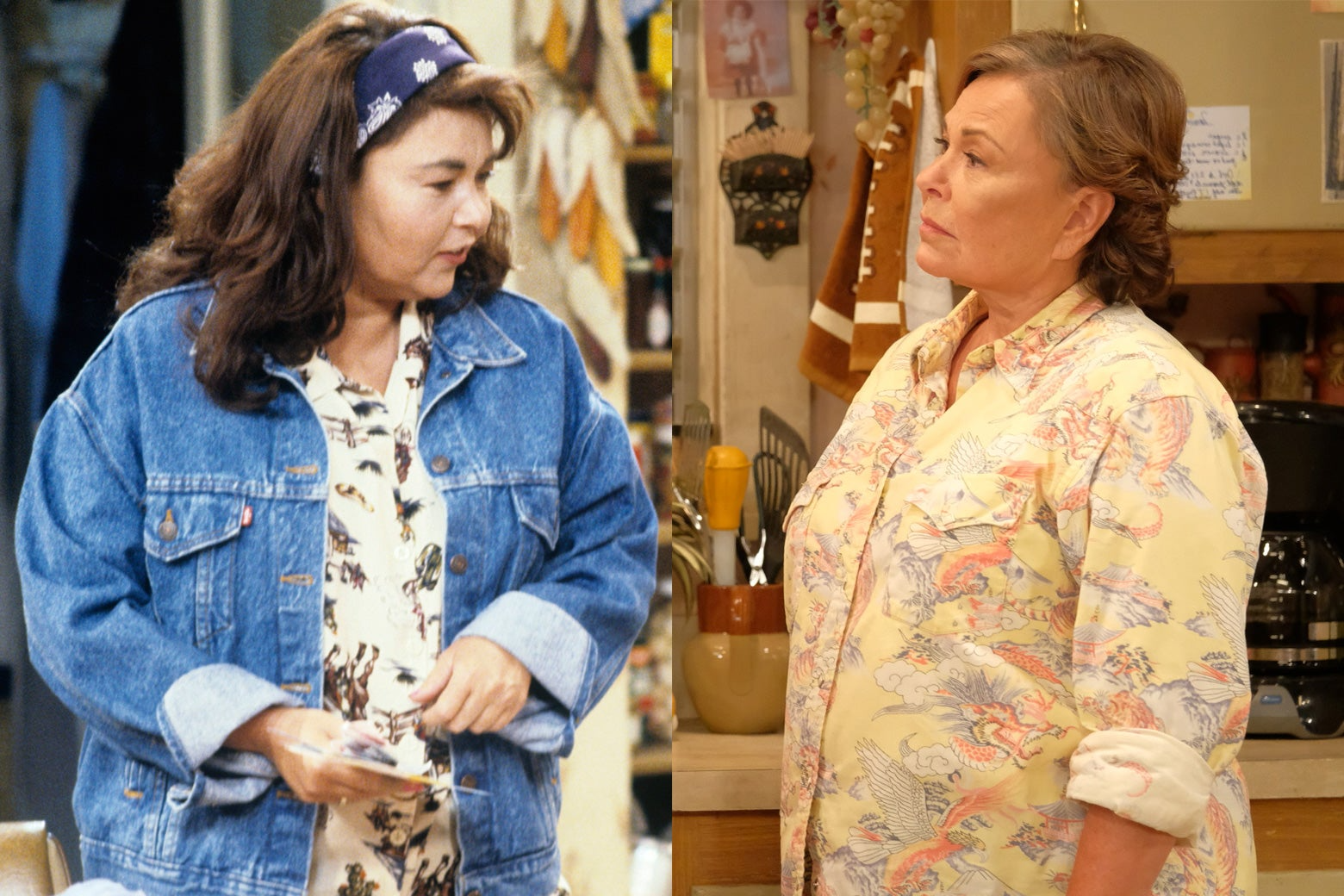
Introduction:
When Roseanne debuted on ABC in 1988, it was more than just a television sitcom. It was a cultural milestone, a breath of fresh air in a landscape dominated by idealized portrayals of family life. From the very beginning, Roseanne stood apart from other TV shows by presenting a realistic view of working-class America. And despite the countless sitcoms that followed, few have been able to replicate the impact Roseanne had on television history and the American psyche.
In this article, we’ll take a look at the far-reaching influence Roseanne had on TV and how it continues to shape television today. From its portrayal of issues like financial hardship to its groundbreaking depiction of a complicated, but loving, family dynamic, Roseanne broke down barriers in a way that few shows dared to do.
Real Issues, Real Families: A Show for the People
Before Roseanne, many sitcoms depicted perfect families, where everyone was happy and everything was just fine. But Roseanne changed that. For the first time, TV audiences were presented with a family struggling with real-life issues—financial insecurity, marital problems, parenting struggles, and more. This portrayal of an ordinary family resonated with viewers across the nation.
Roseanne Conner was the embodiment of every working-class mom trying to make ends meet. She wasn’t a polished, prim-and-proper figure like so many other TV moms. Instead, she was flawed, sarcastic, and—above all—relatable. Audiences saw themselves in Roseanne and her family, and it made the show an instant hit.
Revolutionizing Family Dynamics on TV
Roseanne didn’t just redefine what a working-class family looked like—it also redefined the way families were portrayed on TV. The Conners were complicated. They loved each other, but they argued, they made mistakes, and they didn’t always get along. They weren’t perfect, and that made them more relatable than any fictional family that had come before them.
The characters on Roseanne weren’t just one-dimensional caricatures. Roseanne was tough, but she was also vulnerable. Dan Conner, her husband, was strong but often struggled with his own emotions. The kids—Becky, Darlene, and DJ—were real teenagers with their own issues, desires, and growing pains. This multi-dimensional approach to characters was revolutionary, showing that families weren’t just a collection of stereotypes—they were made up of complex individuals.
The Show That Spoke to Social Issues
Another reason Roseanne stood out was its willingness to tackle controversial social issues. The show was never afraid to address topics like racism, addiction, abortion, and LGBTQ+ rights long before it was trendy for TV shows to do so. In many ways, Roseanne was ahead of its time, reflecting the struggles of real families and offering a platform for difficult conversations.
By addressing these issues head-on, Roseanne allowed viewers to see themselves on TV in a way that was often raw and unfiltered. It gave them a voice in the conversation about what it meant to be an American family.
Legacy and Lasting Influence
Even years after its cancellation, the legacy of Roseanne remains strong. The show paved the way for later TV comedies like The Middle and Modern Family, which took similar approaches to depicting working-class families. It also set the stage for TV’s new wave of shows that aren’t afraid to tackle real-world issues, like This Is Us and The Goldbergs.
In the end, Roseanne wasn’t just another sitcom—it was a pioneering force in TV history. Its realistic portrayal of family life, its willingness to address difficult topics, and its impact on future TV shows make it an indelible part of television’s legacy.
Conclusion:
Roseanne was a groundbreaking show that changed the way we think about family, social issues, and TV sitcoms in general. Its honest approach to real-life struggles, complicated relationships, and political commentary resonated with audiences then—and it still resonates today. The show was more than just entertainment; it was a cultural conversation. And in that conversation, Roseanne will always have a seat at the table.
